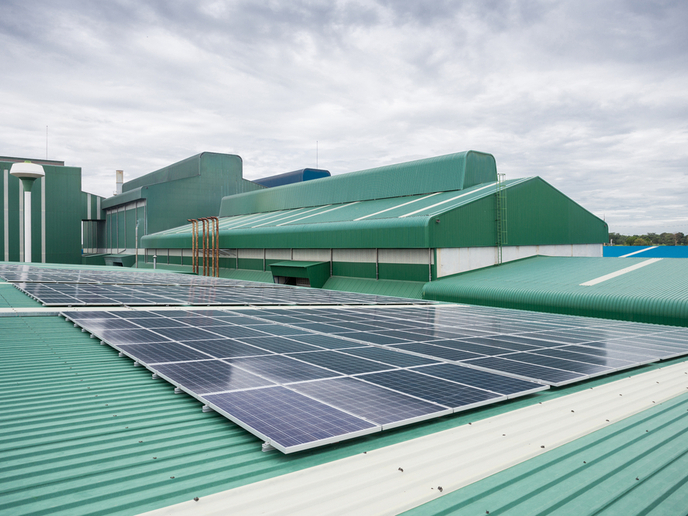Innovative training on energy-efficient building renovations
If Europe is to achieve its 2020 and 2030 energy and climate objectives, the construction sector must deliver high-energy performing renovations and nearly zero-energy buildings (NZEB). But doing so requires having qualified NZEB specialists – something the sector currently lacks due to a scarcity of quality training on energy-efficient solutions for building renovations. To increase the NZEB retrofitting competence of building professionals in Austria, Bulgaria, the Czech Republic, Greece, Ireland and Italy, the EU-funded Fit-to-nZEB (Innovative training schemes for retrofitting to nZEB-levels) project developed a range of educational programmes, training facilities and train-the-trainer opportunities. “Our goal was to set up a full range of innovative qualification and training schemes for deep energy building retrofitting supported by renewable energy sources,” explains Dragomir Tzanev, executive director of the Centre for Energy Efficiency – EnEffect(opens in new window) and Fit-to-nZEB project coordinator. “To do so, we developed the materials and facilities needed to provide world-class practical training on building renovations aimed at NZEB levels.”
A range of training opportunities
Based on a thorough review of existing training programmes and an analysis of the training gaps in the involved countries, researchers developed a compendium(opens in new window) covering the knowledge, skills and competences required for deep energy retrofit. Using this compendium, researchers identified the key topics of relevance to the NZEB retrofit process and, based on these, developed a set of 17 high-quality practical training programmes to address them. “These programmes, which include notes, exercises, test questions and references, are freely available(opens in new window) to any interested vocational education provider,” explains Tzanev. “By encouraging open cooperation in the sector and by providing a shared knowledge base, the project paves the way towards mutual recognition of NZEB-related skills and competences among an increasing number of countries.” The project also established fully equipped training facilities in each of the involved countries. Here, building professionals can get hands-on experience with many of the skills and theories taught during the training programme. “It’s very important to see how to correctly install a window or how to prevent mould and condensation in walls,” says Dimitris Pallantzas, a certified passive house designer and education officer at the Hellenic Passive House Institute(opens in new window), who participated in one of Fit-to-nZEB’s training facilities. “As a building physicist, this was all known in theory but new in practice, so it was very useful to gain the knowledge I need to go back and teach the technicians and construction workers of the future.”
Setting the standard
In total, the project has trained over 180 educators, who are now delivering the Fit-to-nZEB training programmes at the project’s training facilities. Furthermore, over 20 pilot courses have been conducted at universities, professional high schools and vocational training centres; and more than 10 Memoranda of Understanding have been signed with education and training providers to use the project’s training materials. To date, this has resulted in 350 workers, 100 university students and 120 school students being trained. “The project has quickly positioned itself as one of the most recognised NZEB training programmes in Europe, offering world-class upskilling courses customised to local needs and in collaboration with the construction industry,” adds Tzanev.







